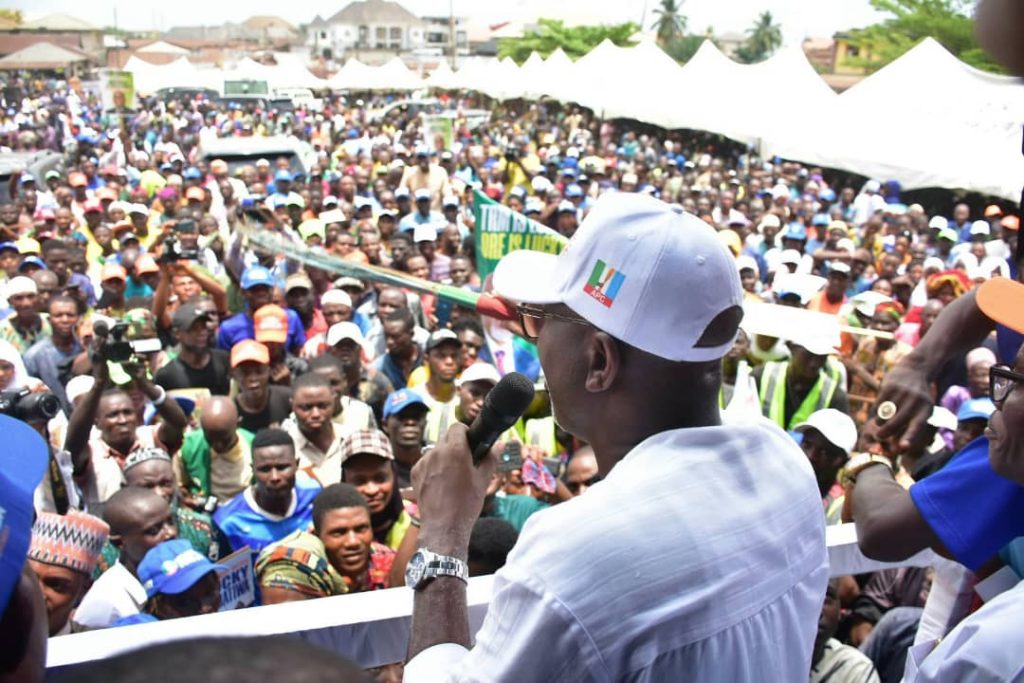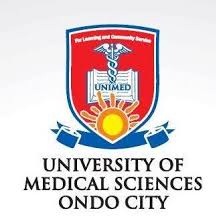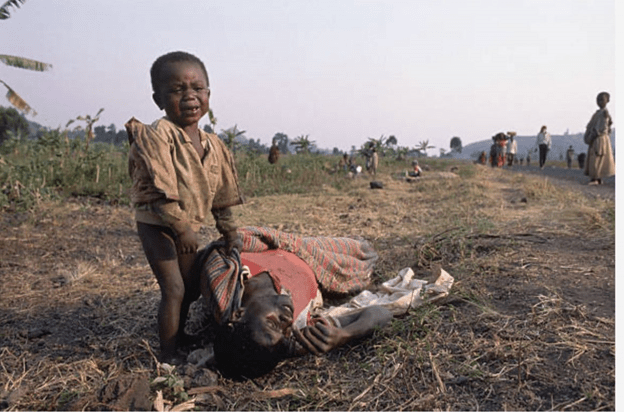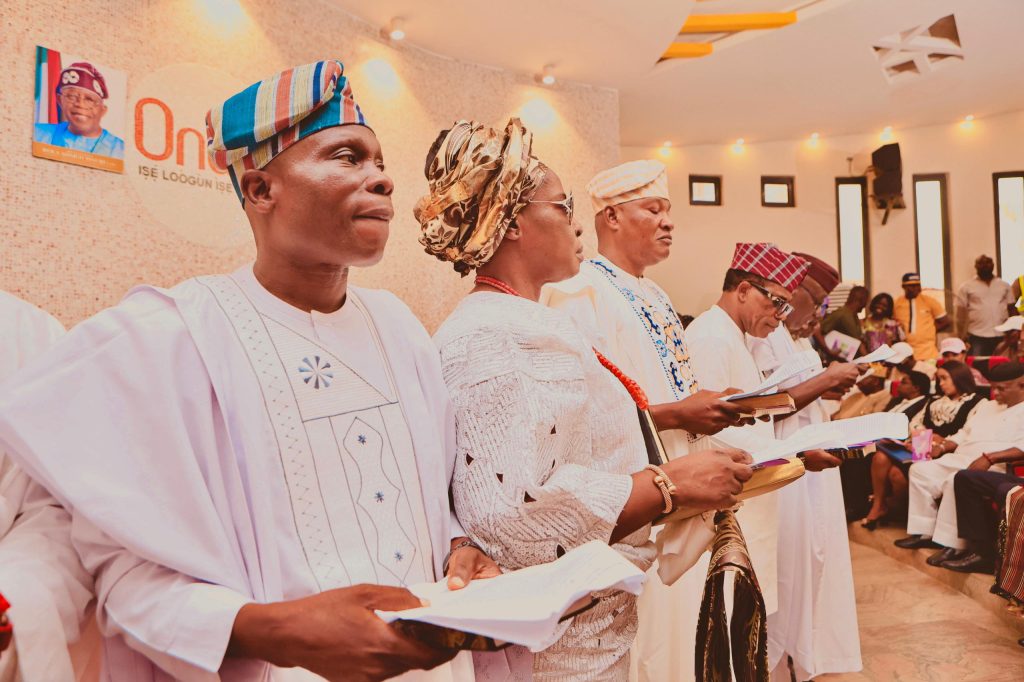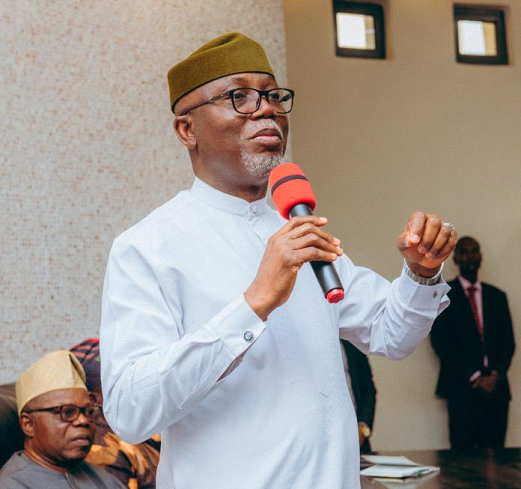Why NIN registration faces suspension
By Adetokunbo Abiola
|
Consumers under the aegis of the Association of Telephone, Cable TV and Internet Subscribers recently called for the suspension of the National Identification Number enrolment due to COVID-19 risks.
The National President, Sina Bilesanmi, in a statement, urged the National Identity Management Commission to go back to the drawing board, call stakeholders meeting for solutions and re-order the enrollment process to avoid large crowds at its centres nationwide.
He condemned the mistreatment of its members across Nigeria by the Commission and demanded that the Federal Government suspend the NIN registration, as well as apologise to subscribers.
Going by the amount of the crowd at the registration centres, and the spike in the number of Nigerians afflicted with COVID-19, will the federal government not end up cancelling the registration exercise?
It is easy to understand the reason for the exercise.
Without identification, Nigerians classified by the NIMC as unregistered are not known to the government, meaning it has no record of their existence so could miss out on specific services and privileges they should have benefited from the government as Nigerians.
Also, they may run into problems with security officers when they ask for identification, especially if they don’t have other forms of national identification like voters card or drivers licences, and their situation could become problematic when they travel out of the country, as an NIN is now one of the compulsory requirements for the issuance of international passport.
The Director-General of the National Identity Management Commission (NIMC), Engr. Aliyu Abubakar Aziz, advised Nigerians and residents in the country to regard the National Identification Number (NIN) as a most crucial feature of their entire life, as it is the unique identifier for all in Nigeria.
Engr. Aziz said Nigerians should view the NIN the same way Social Security Number is regarded in the United States, the National Insurance Number in the United Kingdom, or AADHAR number in India.
“What is common in all the countries I mentioned is just the number. Therefore, you need a unique NIN from cradle to grave,” he emphasised in a statement issued by Mr. Loveday Ogbonna, Head, Corporate Communications Unit of NIMC.
Unfortunately, the registration exercise has been fraught with challenges.
At first, the National Identity Management Commission (NIMC) unit of the Association of Senior Civil Servants of Nigeria (ASCSN) directed members to embark on strike.
A communique released at the end of a congress and signed by Micheal Asekokhai, ASCSN NIMC unit and Victor Odia, the union’s secretary, said the industrial action was over poor welfare package, lack of tools and risk of exposure to coronavirus.
“The meeting was convened to discuss the state of the exposure of staff members to COVID-19, and the salary structure and its representation in the annual appropriation, and the irregularities in the conduct of promotions, and the personal protection and safety in light of the COVID-19 pandemic,” the communique read.
When the union resumed work, it met an avalanche of Nigerians seeking registration.
The rush by applicants was to beat the February 9 deadline for registration, verification and subsequent linking of NIN to Subscribers Identification Modules (SIM) cards.
The crowd utterly disregarded COVID-19 safety protocols of social and physical distancing. Anxious people arrived the NIMC offices in Lagos as early as 6 am and formed a long queue outside the premises . The development led into traffic gridlock as the crowd inhibited traffic flow.
The government was so rattled by the crowds, it said said that it may suspend the registration due to the large crowds that gather during the process, in contravention of the COVID-19 protocol.
This is to help the National Identity Management Commission (NIMC) get back to the drawing board and reorder the whole enrolment process in terms of management of the crowd in its offices across the country.
The Minister of State for Health, Dr Olorunnimbe Mamora, said this while appearing on a Channels Television programme, Sunrise Daily.
Mamora, who is a member of the Presidential Task Force on COVID-19, said that it was never intended that the process would attract such large crowds as people are supposed to wait and be called upon before they can come to NIMC office.
Mamora in his statement said, “I don’t feel good looking at the picture where people are gathered in multitude; it’s like a superspreader event which we don’t like. But I’m also aware that the relevant ministry which is the communications and digital economy is looking at this.
Unfortunately, on January 18, 1,617 new COVID-19 cases were recorded, 622 discharged, with 14 deaths. In total, 112,004 cases have been recorded, 1,449 deaths have taken place, with 89,939 discharged, very frightening figures.
Some feel COVID-19 cases are likely to rise as people crowd into NIMC enrolment centres and mobile network operators’ offices trying to comply with the policy.
The task facing the government seems enormous.
NIMC currently has about 1,000 enrollment centres across the country, with experts saying this is very small compared to the about 200 million population the commission is supposed to service.
A stakeholder while speaking with newsmen said that every 50,000 people will need a centre. So with a population of 200 million, Nigeria will need at least 4,000 centres. The DG said the commission plans to have at least 10,000 enrollment centres.
By October last year, only about 42 million people had been enrolled by the National Identity Management Commission (NIMC), less than half of the 99 million unique mobile subscribers in the country, according to estimates from GSMA Intelligence. If Nigerians with a NIN are also mobile subscribers, the number of people that would need to be registered is staggering.
“If all 57 million mobile subscribers without a NIN decided to get one, the NIMC would have to enrol more people in two weeks than it has registered in the last eight years,” according to Stears Business.
The entire exercise has been condemned by various human rights groups, lawyers and other concerned Nigerians.
Socio-Economic Rights and Accountability Project, SERAP, urged President Muhammadu Buhari to stop the push for registration of Nigerians for NIN, and withdraw the threat to block SIM cards, describing the move as “burdensome, unjustified, unnecessary”.
However, the Commission could also look at conducting outreaches to meet the unregistered folks in their communities, as INEC does for its voters’ registration process. By going to the people they could effectively remove the cost of leasing or erecting new buildings as enrolment centres.
If situations persist, it is quite possible the exercise will be suspended.

